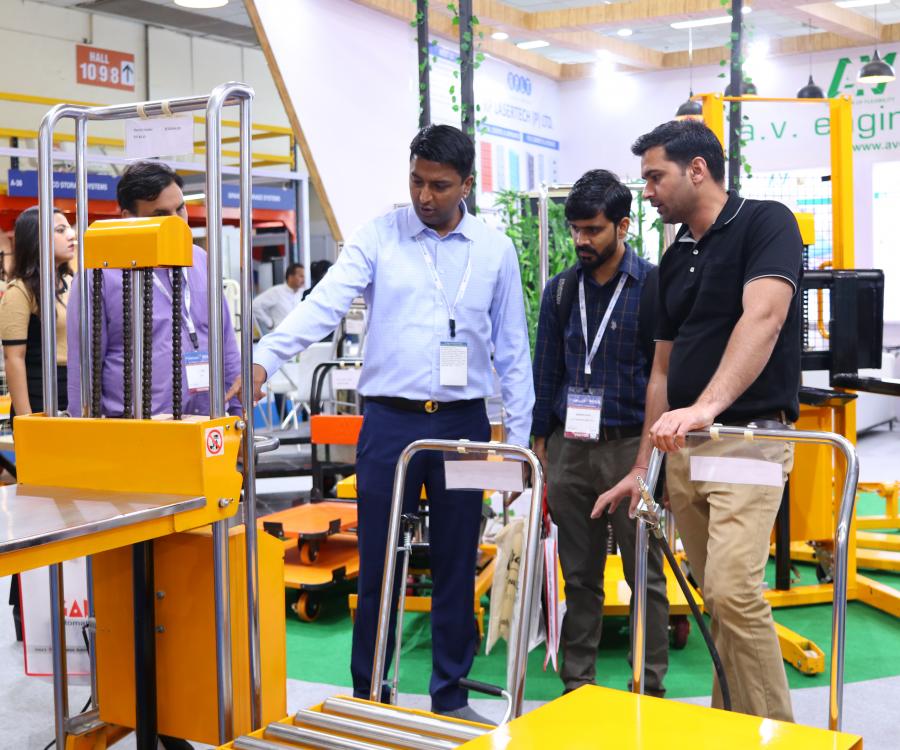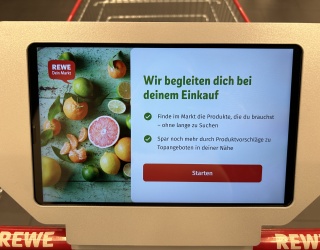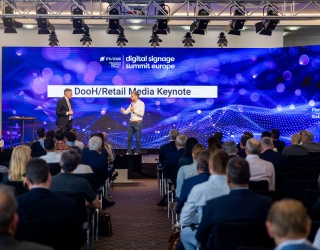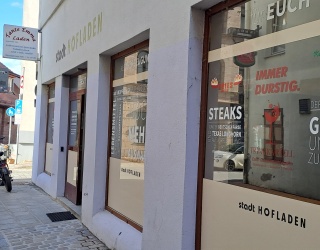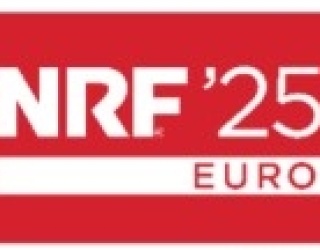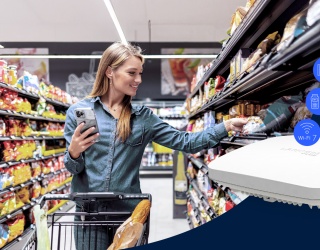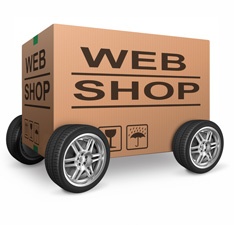
Logistics is the third largest economic sector in Germany. Its growth is stable. But there is more: especially in the area of IT, retailers need to continue to ramp things up to be ready for the increasing link between the different distribution channels. A lot can also still be achieved in terms of sustainability.
The tasks of retail logistics are varied: logistics coordinates both the flow of materials and information in the company as well as transportation, storage and commercial shipments. Oftentimes, disposition and order flow information are also being added to this. In addition, logistic processes are linked to inventory management. Both fields need to rise to today’s challenges, for instance the connection between brick-and-mortar and online retail. When things are not running smoothly in this case, the whole process gets out of hand. However, if processes are well coordinated, they promise to be one of the most important success factors for companies.
Professor Stephan Seek of the University of Technology and Economics in Berlin was able to identify this trend. For the current “Retail Logistics“ study on behalf of the Logistics Alliance Germany, he interviewed numerous companies about their logistic development. He was able to determine that this area has been heading in a positive direction over the past few decades. "In the past, logistics had no prominent feature in retail; sales was always number one," knows Seek.
Logistics in flux
"By comparison, today logistics no longer plays the fifth wheel, but rather the third wheel," he explains. According to him, the trigger for this development is increasing customer demands: merchandise needs to arrive at its destination ever faster, and people no longer want to wait for anything. If something is not at the right spot at the right time, customers simply purchase the item elsewhere or order it online. To meet these requirements, the IT sector in particular needs to be up to speed. Even though retailers are definitely in great shape in terms of inventory management systems, there are also notable shortages.
Seek says there is pent-up demand in internal and external data communication, such as for instance in terms of communication with stores. However, data and inventory, production planning and operations between supplier and retailer should be traceable and therefore transparent. "This is something that needs work. When transparency is properly implemented, it provides a major contribution to successful business," says Seek. Among other things, the key to transparency is in the right software:"Today, IT is one of the success factors in retail logistics."
Effectively connecting distribution channels
Currently, the biggest challenge for logistics lies in the connection of different distribution channels that so far are often insufficiently or not at all connected. Dr. Georg Wittmann of the ibi research consulting institute at the University of Regensburg GmbH brings retailers up to speed, if they also want to expand sales to online retail. "Online store founders often underestimate the time and effort it takes to deliver products on time, avoid duplicate orders and handle returns," explains Wittmann. This is why they should have an efficient logistics structure and well-thought-out supply chain management – and all this right from the beginning.
The inventory management system in particular is meant to facilitate efficient processes as the link to all business processes. The achieved benefits such as faster deliveries and visible product availability are effects that satisfy customers.
To be able to consolidate the important logistics and inventory management segments, different types of software implementation are possible. The use of a standard solution in already existing systems saves time and money. By comparison, new software solutions that are especially developed for retailers are more expensive, but often necessary. "Regardless of the type of software, for the retailer it is particularly important that the software is adapted to business processes and not vice versa," explains Wittmann. After all, software is meant to simplify processes and avoid unnecessary, additional expenses.
Although the partially very high costs for new IT implementation initially scares off many a retailer, the benefit of effectively used software solutions is apparently essential for a company’s economic future. When brick-and-mortar and online retail for instance are optimally connected, the savings in terms of costs, but also in terms of time and staff expenditures are very convincing.
Green, greener, the greenest: sustainability becomes more important
Retail still needs to catch up in the IT sector, but also in terms of sustainability – huge potential savings in money and resources are laying idle here. That said, you also need to reconcile sustainability demands, multichannel capabilities and cost-effectiveness.
The responsibility of retailers is enormous – after all, sustainability does not just pertain to reducing CO2 emissions produced by high transport volumes. Other areas such as types and quantities of packaging and energy consumption in warehouses need to be considered here.
Yet the journey is also the reward in this case: customers increasingly emphasize the use of ecologically responsible services. This is why companies that face this responsibility can only win and remain competitive.
Natascha Mörs; First publication EuroCIS.com



